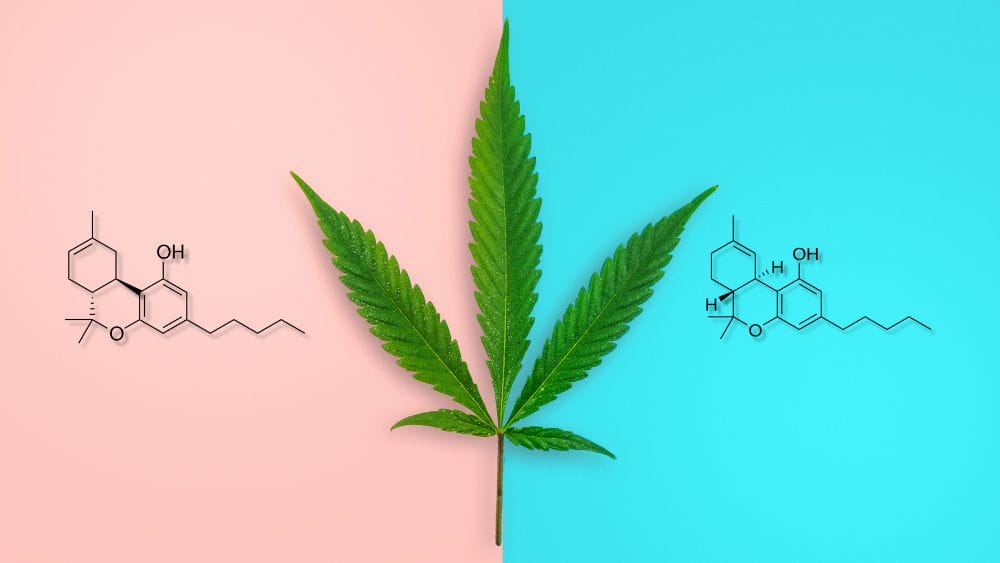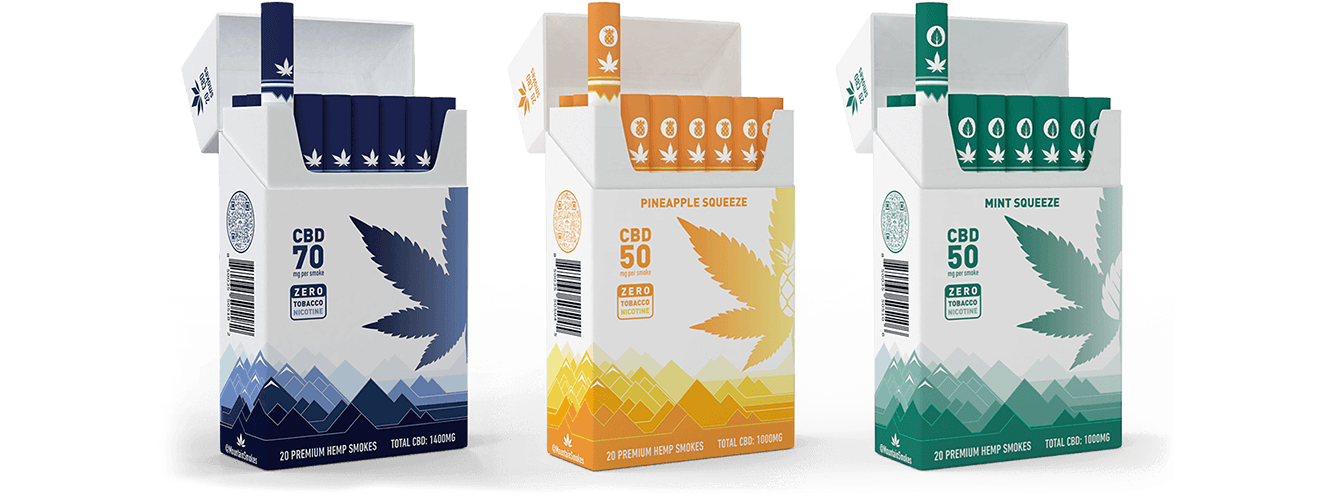Delta 8 vs Delta 9

The comparison between Delta 8 and Delta 9, two cannabinoids found in cannabis, has sparked significant interest. These compounds possess distinct characteristics that have captivated researchers, enthusiasts, and consumers globally. In this comprehensive article, we will explore the differences and similarities between Delta 8 and Delta 9, shedding light on their unique properties, effects, and implications.
Delta 8 vs Delta 9: A Brief Overview
Tetrahydrocannabinol (THC) is a naturally occurring compound found in cannabis plants. It is one of the most well-known and studied cannabinoids, known for its psychoactive properties. THC interacts with the body's endocannabinoid system, primarily binding to cannabinoid receptors in the brain and central nervous system. This interaction produces various effects, including euphoria, relaxation, altered sensory perception, and potential therapeutic benefits. THC is responsible for the characteristic "high" associated with cannabis consumption.
Delta 8 and Delta 9 are both members of the THC family, sharing a close chemical relationship. The primary distinction between them lies in the placement of a double bond within the molecular structure of Delta 9-THC (Δ9-THC). Delta 8-THC (Δ8-THC), on the other hand, differs slightly due to a variance in the position of the double bond. These differences in molecular structure contribute to the unique effects and experiences offered by Delta 8 and Delta 9 when consumed.
Delta 8 vs Delta 9: The Differences
When discussing Delta 8 vs Delta 9, understanding the properties and effects of THC is crucial. Delta 8-THC and Delta 9-THC, have distinct characteristics that impact their psychoactive experiences and potential therapeutic benefits. By exploring the nuances between Delta 8 and Delta 9, we can gain a comprehensive understanding of their unique attributes and make informed decisions when navigating the world of cannabinoids.
- Psychoactive Effects
Delta 9-THC is renowned for its potent psychoactive properties, producing the euphoric "high" commonly associated with cannabis. In contrast, Delta 8-THC delivers a milder psychoactive experience, characterized by a more subtle and balanced effect. This distinction makes Delta 8 a popular choice for those seeking a gentler psychoactive encounter.
Delta 9: potent psychoactive properties
Delta 8: milder psychoactive properties
- Legal Considerations
The legal status of Delta 8 and Delta 9 varies across jurisdictions. While Delta 9-THC is often classified as a controlled substance, Delta 8-THC derived from hemp, containing less than 0.3% Delta 9-THC, may be legal under specific regulations. Thus, it is crucial to stay informed about local laws and regulations governing the purchase and consumption of Delta 8 and Delta 9 products.
- Therapeutic Potential
Both Delta 8 and Delta 9 exhibit potential therapeutic benefits. Delta 9-THC has been associated with pain relief, appetite stimulation, and antiemetic properties. Similarly, Delta 8-THC offers potential therapeutic benefits comparable to Delta 9-THC, but with a milder impact.
Delta 9-THC, the more extensively studied compound, has shown potential in various therapeutic applications. One of the most recognized therapeutic benefits of Delta 9-THC is its analgesic properties. It has been found to effectively relieve pain in conditions such as chronic pain, neuropathic pain, and cancer-related pain. By interacting with cannabinoid receptors in the central nervous system, Delta 9-THC can modulate pain signals, providing relief to individuals suffering from persistent discomfort.
In addition to pain relief, Delta 9-THC has also demonstrated appetite-stimulating effects. It can effectively increase appetite and food intake, making it beneficial for individuals experiencing appetite loss or weight loss due to medical conditions like HIV/AIDS or cancer. Furthermore, Delta 9-THC has been studied for its antiemetic properties, making it useful in reducing nausea and vomiting associated with chemotherapy or other medical treatments.
While Delta 8-THC has received less research attention, it may share similarities in its potential therapeutic applications with Delta 9-THC. Delta 8-THC may also have analgesic properties, making it a potential option for pain management. It may provide relief for individuals dealing with chronic pain conditions or inflammatory disorders. Additionally, Delta 8-THC may also stimulate appetite, similar to Delta 9-THC.
It's important to note that the therapeutic potential of Delta 8 and Delta 9 is an active area of research, and more studies are needed to fully understand their mechanisms of action and efficacy in various conditions.
Delta 8 vs Delta 9: Similarities
- Chemical Structure
Delta 8 and Delta 9 share a strikingly similar chemical structure, differing primarily in the placement of a double bond. This structural similarity enables them to interact with the body's endocannabinoid system, resulting in psychoactive and potential therapeutic effects.
- Consumption Methods
Both Delta 8 and Delta 9 can be consumed using various methods, including smoking, vaping, edibles, and tinctures. These versatile options provide individuals with the freedom to choose a consumption method that best suits their preferences and needs.
Comparing the Effects of Delta 8 and Delta 9
When it comes to psychoactive effects, Delta 9-THC is known for its potent influence on the mind and body. It produces a strong euphoric high, often accompanied by increased creativity, heightened sensory perception, and altered time perception. Delta 8-THC, on the other hand, offers a more subdued psychoactive experience. Users often describe it as inducing a mild, relaxing high without the intense effects commonly associated with Delta 9-THC.
As the cannabis industry continues to evolve, the future of Delta 8 and Delta 9 holds significant promise. These compounds have attracted the attention of researchers, entrepreneurs, and consumers alike, leading to innovative product developments and expanding applications. Ongoing research efforts aim to further explore their therapeutic potential, refine consumption methods, and enhance our understanding of their effects on the mind and body.
Delta 8 and Delta 9 offer distinct properties and effects. Delta 9-THC provides a potent psychoactive experience, while Delta 8-THC delivers a milder high. These compounds also show potential therapeutic benefits, although Delta 9-THC has received more extensive research attention. It is crucial to understand the varying legal considerations surrounding Delta 8 and Delta 9, highlighting the significance of staying informed about local regulations. With expanding knowledge and ongoing research, the future of Delta 8 and Delta 9 holds exciting possibilities. Whether used recreationally or therapeutically, making informed decisions, keeping up with legal and scientific developments, and prioritizing responsible consumption remain essential aspects.
MOUNTAIN Smokes®
ZERO TOBACCO. ZERO NICOTINE. Premium Organic Full-Flower Hemp Smokes.
 SHOP MOUNTAIN SMOKES
SHOP MOUNTAIN SMOKES Made in the USA
Made in the USA Satisfaction Guaranteed
Satisfaction Guaranteed SSL Secure Checkout
SSL Secure Checkout


